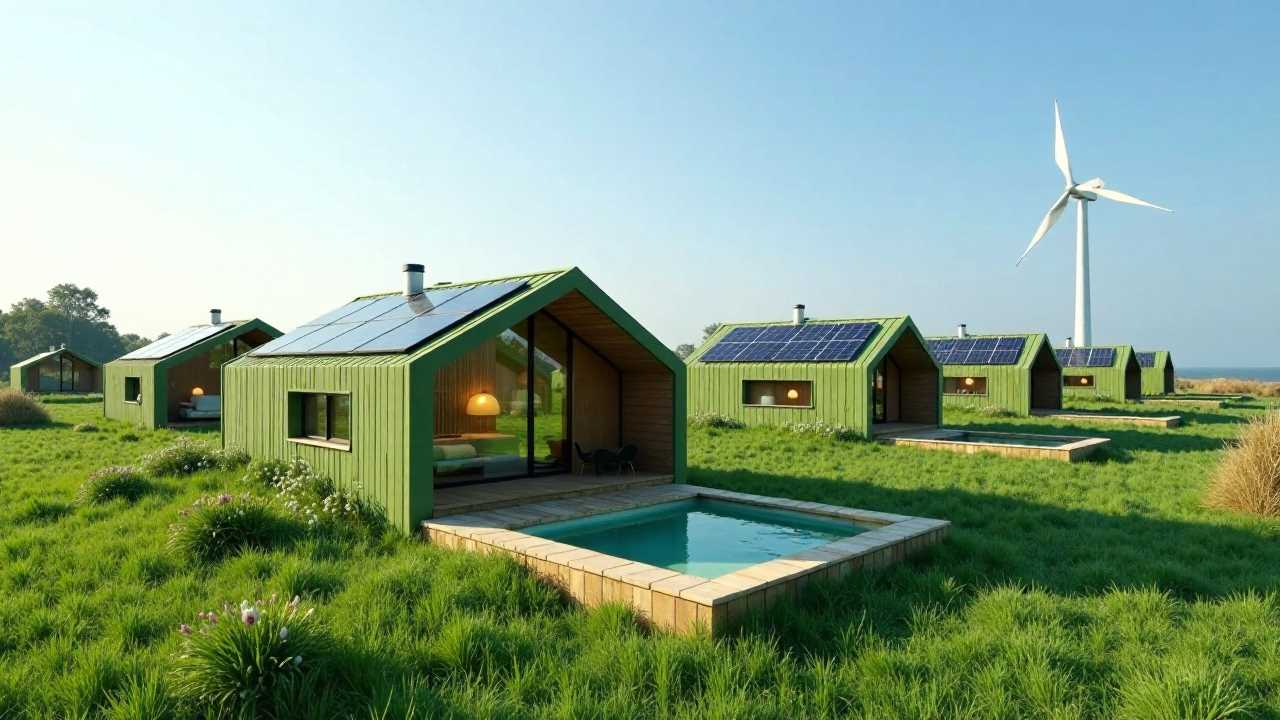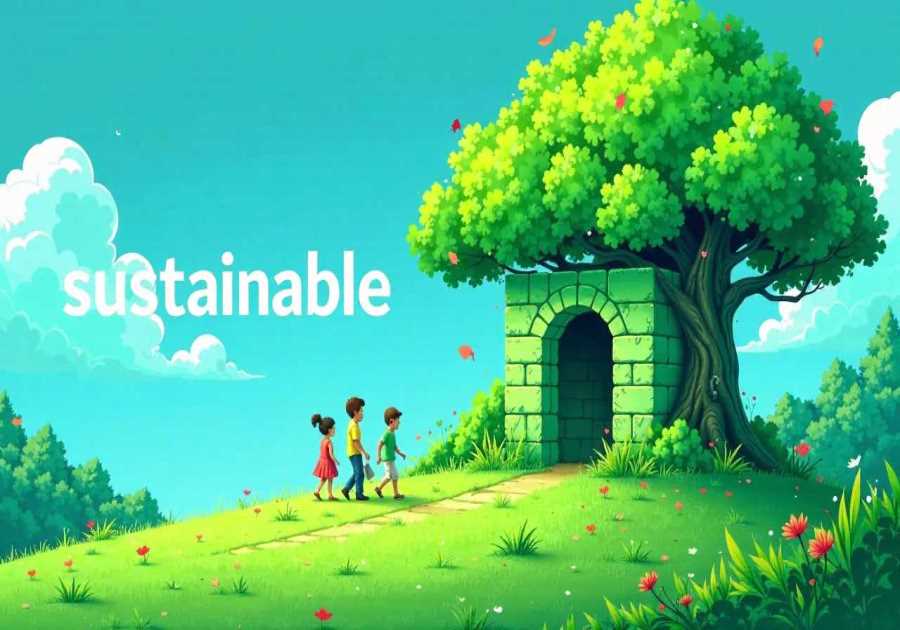
Article Summary
Understanding Off-Grid Tiny House Systems
Off-grid tiny house systems represent a revolutionary approach to living that prioritizes sustainability and self-sufficiency. These compact homes are designed to operate independently from traditional utility services, allowing individuals to harness renewable energy sources, manage their own water supply, and minimize waste. By embracing this alternative lifestyle, homeowners can significantly reduce their carbon footprint while enjoying the freedom and flexibility that comes with mobile living.
The Sustainable Benefits of Off-Grid Living
One of the most compelling reasons to consider off-grid tiny house systems is their sustainable nature. These homes often utilize solar panels, wind turbines, and rainwater harvesting systems, making them eco-friendly choices that promote environmental stewardship. By relying on renewable resources, residents can live harmoniously with nature, reducing their reliance on fossil fuels and contributing to a healthier planet.
Self-Sufficiency: A Key Component
Self-sufficiency is at the heart of off-grid tiny house systems. By growing their own food, collecting rainwater, and generating their own energy, homeowners can achieve a level of independence that is increasingly rare in today’s society. This lifestyle not only fosters a deeper connection to the environment but also empowers individuals to take control of their resources and reduce their dependence on external systems.
Mobile Living: Freedom to Explore
Many off-grid tiny house systems are designed to be mobile, allowing residents to relocate their homes with ease. This mobility offers unparalleled freedom, enabling individuals to explore new locations and embrace a minimalist lifestyle. Whether parked in a serene forest or a bustling community, mobile tiny houses provide the flexibility to adapt to changing environments while maintaining a sustainable way of living.
Minimalist Design for Maximum Impact
The minimalist design of off-grid tiny houses is not just about aesthetics; it’s a philosophy that encourages intentional living. By downsizing and simplifying, residents can focus on what truly matters, reducing clutter and distractions. This approach not only enhances mental well-being but also aligns with the principles of sustainability, as fewer possessions mean less consumption and waste.
The Future of Living
Off-grid tiny house systems offer a compelling vision for the future of living—one that is sustainable, self-sufficient, and eco-friendly. By embracing this alternative lifestyle, individuals can enjoy the benefits of mobile living while making a positive impact on the environment. As more people seek to disconnect from conventional systems and reconnect with nature, off-grid tiny houses will continue to gain popularity as a viable solution for a fulfilling and responsible lifestyle.






